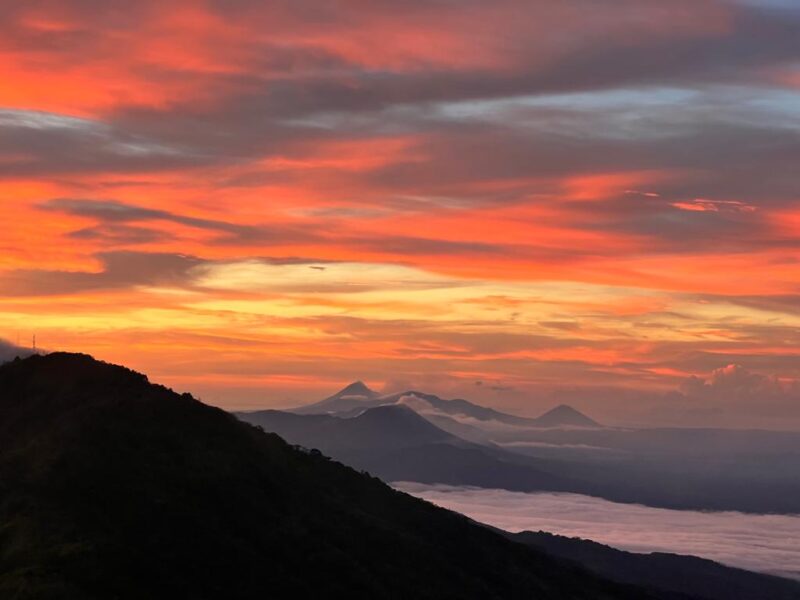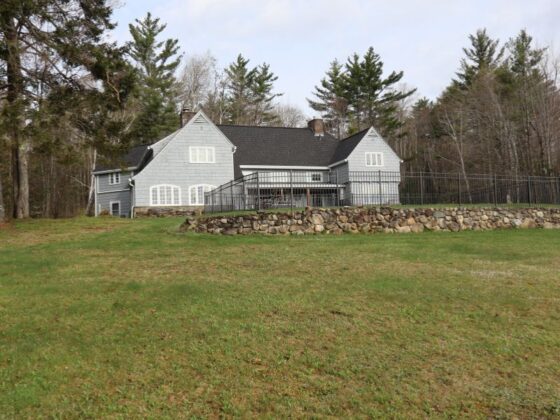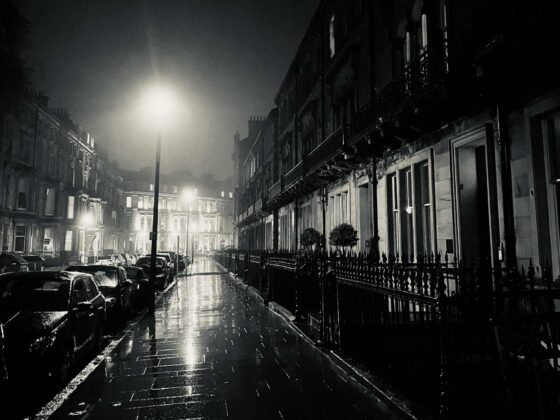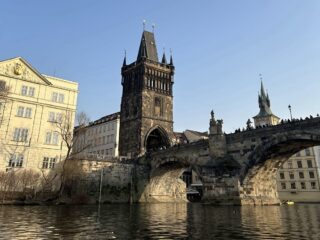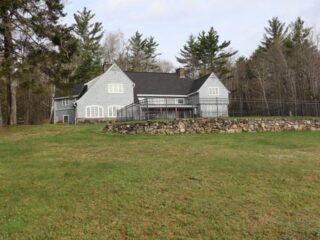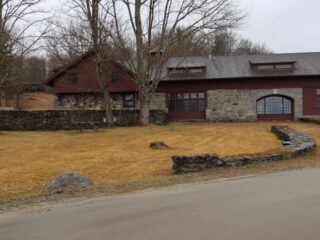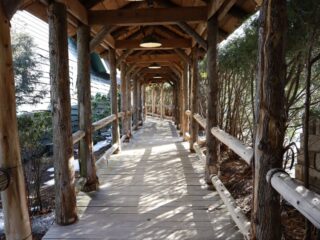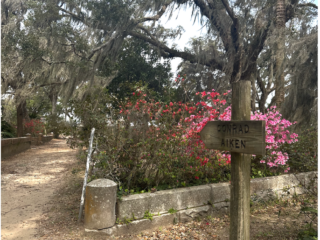By Hannah Hughes
León was the city that broke my heart.
No, ignore that.
León was the city that completely destroyed my heart. It ripped my heart from my chest and crippled its fragile chambers as it smashed my love organ over and over again like a stranded sailor trying to kill a tuna pulled overboard.
Yeah. That’s more accurate.
It was 2021 when I first visited the little colonial city in northern Nicaragua. As soon as I arrived, I wandered the colourful streets, ate my first meal, and then I started making plans to leave. Yes, that’s right. Like all good romances, León and I were enemies before we turned into lovers.
The city was overrun with chaos, catcalls and overbearing heat. No one was in charge; not a soul
alive seemed to know what was going on. The citizens did as they pleased, no matter the hour,
and I was outraged to be a part of it.
I disagreed with every aspect of León.
I hated the pervy men, the constant noise, and that there was basically one local dish and it was rice, beans and eggs. I hated the church cannons that bombed throughout the day, evening, night and next morning for no apparent reason. I hated the jeeps that blasted Spanish advertisements through a deafening speaker, hourly from 5 a.m. I hated the overflowing public transport and the freely roaming farm animals. I hated the humidity, the slow walkers and the hopscotch minefield of missing pavement slabs that set out to twist ankles. I hated the lack of sanity. The lack of ripe avocados. The sweat. The smell. The cheese (a slab of white dairy that tasted of nothing, but if I had to pick something that came close, it would be watery whale blubber).
So, what did I do?
I decided to settle down there.
Why?
Well, how to explain…
Before travelling to Central America, the region was the great unknown. The place was off my radar, meaning I’d never researched anything about it before booking my flight over there; before that, my only cheery insight was from what I’d watched on World’s Toughest Prisons. In my head, Central America was nothing but a skinny strip of land sandwiched with drug lords, machine guns and murderous men with teardrop tattoos who would kidnap a girl like me for a packet of crisps and a shoutout. But with global travel restricted by Covid-19, Central America was one of the most accessible regions at the time. So, I went. I had no idea what to expect, but the travel addict within me was gasping for relief and at that point, I lit-er-ally would have gone to Snake Island if it meant a bit of beach vibes.
I booked a one-way flight to Costa Rica, and I was scared.
Scared of riding the crazy chicken buses, scared of navigating from place to place with no Spanish, and scared of crossing sketchy land borders alone (everyone knows that’s where the cartels operate. They pick the weakest, weediest from the bunch and force their prey into being a drug mule, and as a white girl with a pink luggage tag reading ‘eMoTiOnAl BaGgAgE,’ the weakest target would most definitely be me. Oh, and sex trafficking! Couldn’t rule that one out. Kidnappings, too. What if I was snatched from the street, bundled into a sack and broadcast to my friends and family on TikTok Live in demand for a ransom? I had fragile bones, a lack of arm muscle and a facial structure that would not bide well with punching – how was I supposed to survive a kidnapping? And let’s not forget mafias. Tropical diseases. Venomous things. Heat stroke! My inability to drink at a casual pace without getting blackout drunk! I could not survive alone in Central America – the odds were against me! Central America had the unfair upper hand, desperate to take advantage of a delicate young thing like me and make my life a mutating nightmare.)
I had a few concerns.
I thought the fear would subside if I threw myself in at the deep end, but after five weeks of travelling through Costa Rica and Nicaragua, I was still as jumpy as a wild antelope who’d strayed too far from the herd’s safety.
Although I was scared, returning home wasn’t an option. I had finally escaped England, lockdown, and Boris Johnson, and to return would have been to contradict everything I had dreamed of doing during the last year of being housebound. By staying in Central America – pushing, challenging, and daring myself – something had to come from it. Resilience? Growth? A lesson? (The divine wisdom was yet to grace my consciousness, but I was willing to hang around in limbo for a little while longer.)
Travelling is often glamorised as an exotic adventure accessible only to the lucky few. It is romanticised as an endless holiday filled with beach bars and happy hours and love affairs. People often overlook the times you don’t feel safe; the times your exhausted of being the sole person responsible. Everybody back home thought I was living the dream, but really, I was losing sleep. Relaxation was as far from my mind as my cosy slippers and bed socks five thousand miles away in England.
But despite not hitting it off with Central America, I hadn’t yet run out of options. I was willing to try one more thing to force harmony upon me and the hostile region…volunteer in a hostel.
I thought if I settled down and got to know the place on a deeper level, I could gradually adjust to the region, the culture, the watery whale blubber cheese, and hopefully become less scared of
Central America and its great unknowns. I could get my herd back. León wasn’t my ideal
destination to use as an icebreaker, but when I heard a hostel was looking for volunteers in
exchange for free bed and breakfast, I rerouted my plans and headed back to the city I despised.
After all, beggars can’t be choosers.
When I started volunteering in León, something strange happened. As I walked down the Haribo-coloured streets – the streets filled with pervy men, slow walkers and missing pavement slabs – I no longer hated the heat. I did not jump several inches into the air each time the church cannon fired. I did not hate the lack of sanity. I accepted the deficiency in ripe avocados. I bit back at the catcalls.
I became settled in my volunteering life, the city’s social scene, and my tanning regime (for the first time, my skin shade wasn’t Tipp-Ex). The city was so small that everyone knew everyone – the interconnected societal web of León was The Springfields come to life – and soon I couldn’t leave the hostel without bumping into a friend. The hostel staff became my family. The city became my home. For the first time since landing in Central America, all was going rather pleasantly in the days of an unemployed hostel volunteer who had absolutely no idea what she was doing with her life.
In Kristin Newman’s memoir, What I Was Doing While You Were Breeding, she experiences a similar love for Argentina. Kristin was thirty-one and on a hiatus from her job as a TV comedy writer when she visited Argentina. During her two-month trip, she met a man, rented an apartment, and learned Spanish. She describes Argentina as winning the prize for “Kristen’s Happiest Extended Period of Time Ever.”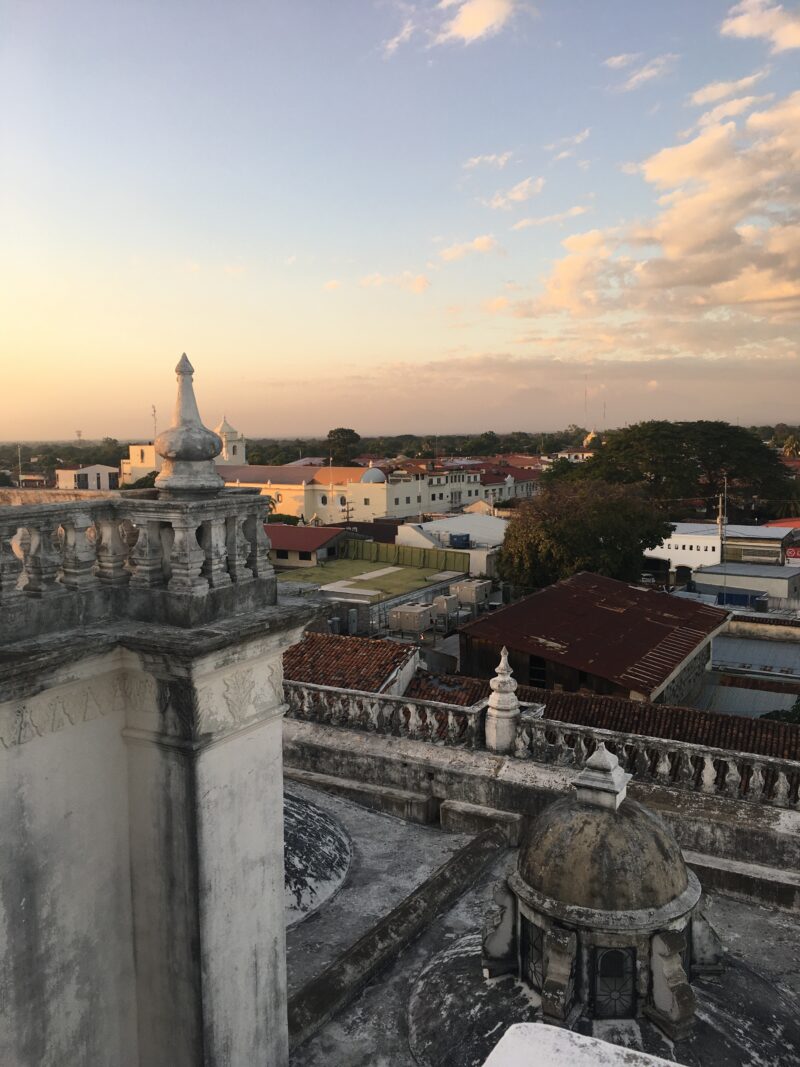
In many ways, León wins mine.
One of my favourite quotes from Kristen’s memoir (actually, any memoir ever) is when she describes settling in a foreign place as, “The delicious feeling of being part of it, of really living a normal life in a totally exotic place.” There is nothing like building a routine in a far-flung place, thriving alone in a world unlike home, developing a schedule, a purpose, a far-flung version of yourself. It’s like having an earpiece eavesdropping on secret intel: you get to understand things, hear things, feel things that only those who stay put for a while could experience. I was involved in the tight-knit neighbourhood of a small Latino city in northern Nicaragua – the gossip, community, friendship circles – in a way that only a local could be.
The delicious feeling of being a part of it.
But I didn’t just love León for León. I loved León for who León made me. I was no longer an anonymous backpacker, fighting for herself in the wild of Central America. I was the face of a hostel, every guest’s best mate, the “Scouse girl” backpackers told other backpackers about on their way to the city. I was self-assured. Gregarious. Alive. Each day I was glowing from head to toe like I’d been given a once-over with bloody solid surface shine.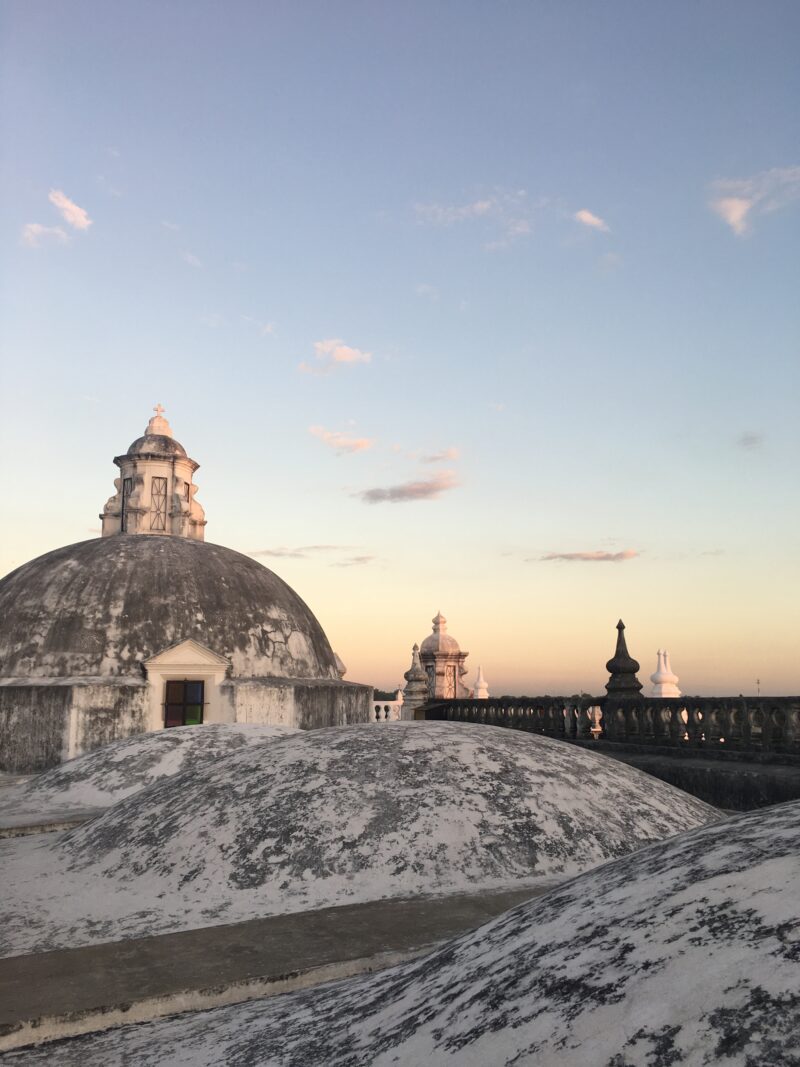
Kristin writes, “In really important ways, Argentina was my first love. A little because of how Argentina made me feel about me, in the way you fall in love with that crush at summer camp because he’s the first person who’s ever looked at you like that.” León was the first city that made me feel like that.
After volunteering, I travelled through Central and South America for several months. After six
months of travelling, I returned to León, seamlessly slotting back into the city’s chaos. It felt like
coming home.
When I left the city for the last time, I was pouring tears like blood rushing from a sliced jugular vein. I had spent a year backpacking through Latin America – a region that had once ignited more fear than being home alone and hearing an upstairs floorboard creak. It was a year of dipping in and out of León – my icebreaker, my city, my second home – but always returning. This time, I didn’t know when I would be returning. I had run out of money. I was going back to England. I was leaving León, leaving an era that once I stepped out of, would never come back.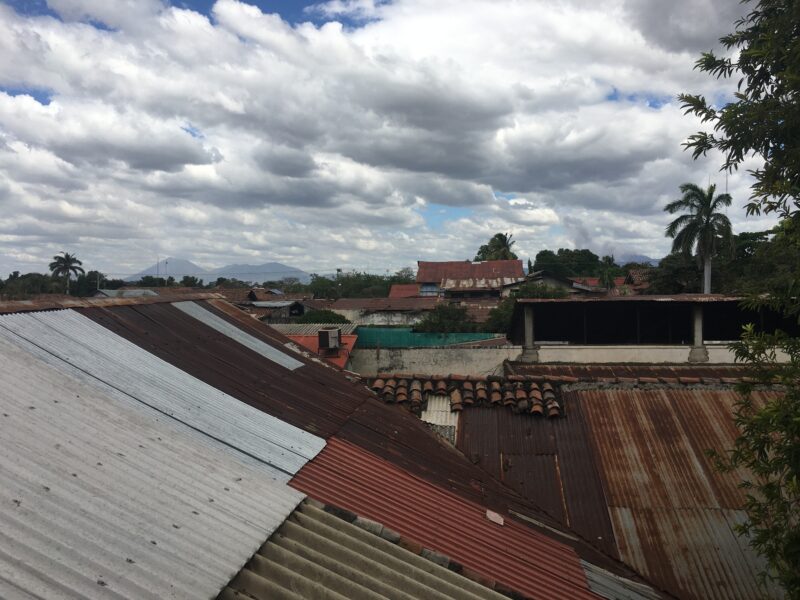
León had not been a city that I had fallen in love with on the spot. I had hated the noise, the food, the slow walkers, sticky heat, missing pavement slabs and… fine, pretty much everything. It wasn’t until I settled that I began to understand the city’s vibe, the party-centric culture, the free-spirited mayhem run by laidback locals.
León had not been a city that I had fallen in love with on the spot, but as I stood on the spot – in the hostel doorway, backpack on, leaving for the last time – I remembered that I had never much liked León until I found my honorary hostel home, my friends, myself. The hostel and its people
were what made León feel extraordinary; feel like mine.
Kristin writes, “Argentina had been the first place that re-energised my life. It would always be my special place because it had been the first.” Like Kirstin and Argentina, León had invigorated my soul. It had birthed a side of me that England Hannah could never compete with; a Latino alter-ego with confidence, flair and charisma. Kristen sums it up without fault when she writes, “The trip had redefined me: I was now the type of woman who gets an apartment in exotic locales by herself for a few months, learns the language, makes dozens of foreign friends, acquires lovers, and uses the word lovers.”
Three years later, as I sit at my desk writing this article, I close my eyes and still hear León’s noisy streets, taste its watery whale blubber cheese, feel the delicious feeling of being a part of it.
It has been three years since I last visited the city I hated before I loved; the city that redefined me.
But León will forever be alive on my insides.
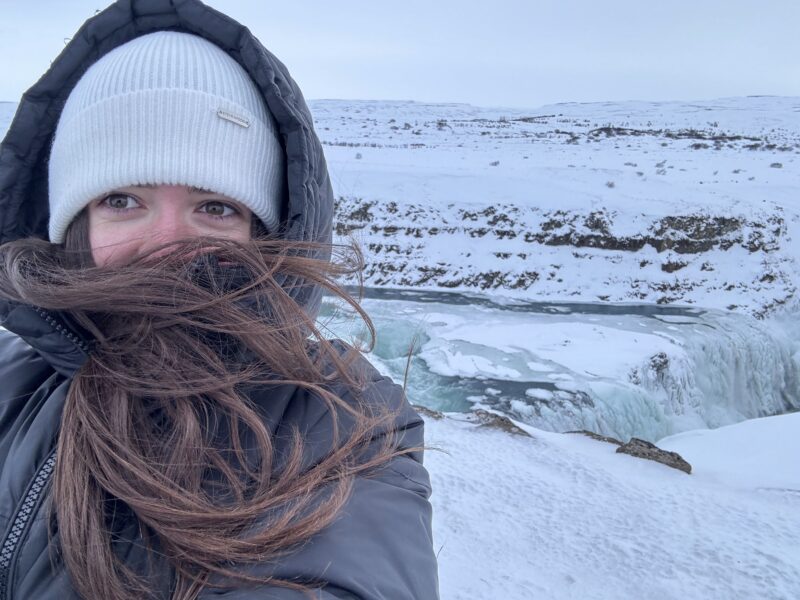
Hannah Hughes is a Liverpool-based copywriter and freelance travel writer. She completed her degree in English Language & Linguistics (International) at the University of Leeds, studying for one year at the Australian National University in Canberra. She has many solo backpacking trips under her belt, including South and South-East Asia, Australasia, Central America, and parts of North and South America. Hannah has travelled to over 40 countries, volunteering in hostels in Nicaragua and Guatemala, as well as teaching English in India and learning photography in South Africa. In her writing, she tries to uncover a sense of place and its people through first-hand experiences and interactions, and she enjoys detailing her humorous, shocking, and hair-raising misadventures. For inquiries, please message her on LinkedIn: http://www.linkedin.com/in/hannah-hughes-109941293

